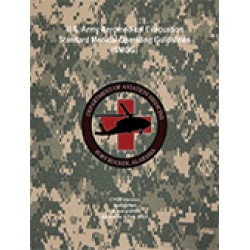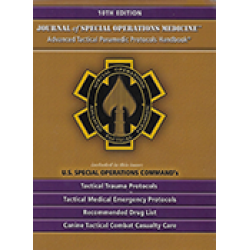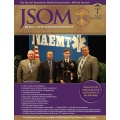Staff Attitudes Regarding the Impact of a Therapy Dog Program on Military Behavioral Health Patients
Brisson S, Dekker AH 17(4). 49 - 51 (Journal Article)
Background: Human-animal interactions in the form of animal-assisted therapy (AAT) have become common in both civilian and military health care facilities. Evidence supports AAT as a beneficial therapeutic alternative for patients with physical disabilities and psychological disorders. Few studies have been conducted in the civilian health care setting to evaluate staff attitudes regarding the impact of an AAT program on behavioral health (BH) patients. To our knowledge, no research has examined staff attitudes on the impact and effectiveness of AAT on active-duty Servicemembers in a BH program at a military facility. Methods: At the completion of a year-long AAT dog program and after institutional review board exemption, an anonymous, six-question survey was used to examine staff attitudes (n = 29) regarding the impact and continuation of the program with military BH patients. Results: Most staff members (86%) believed the AAT dog program had a positive impact on the BH patients, including improved patient mood, greater patient relaxation, improved patient attitude toward therapy, and increased social interactions among patients. All the staff reported a desire to continue the program at the military facility. Conclusion: Most BH staff thought the year-long AAT dog program had a positive impact on patients. All staff supported continuation of the program.


 Español
Español 




